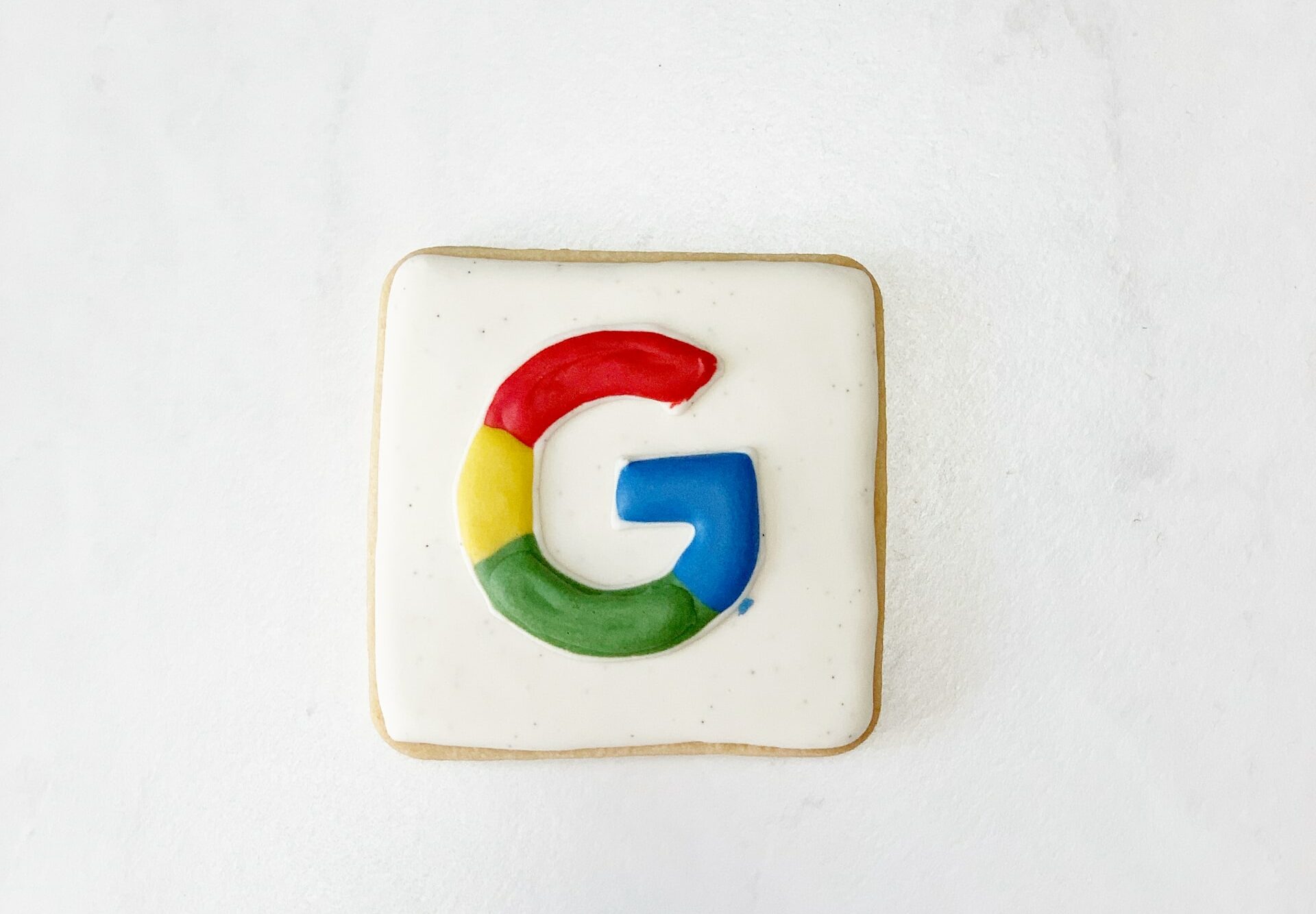How France’s war on Google and Facebook continues

France fines Google and Facebook (again) for cookies. How will the dispute end? Facts and insights
The tug-of-war between France and the so-called Gafam continues, i.e. the digital giants Google, Apple, Facebook, Amazon, Microsoft. This time, Google and Facebook were targeted. “Rejecting cookies should be as easy as accepting them,” reiterated the Commission Nationale de l'Informatique et des Libertés (Cnil), the French authority for the protection of personal data.
According to the CNIL, in fact, the two companies would not give users the possibility to refuse cookies in the same way they are accepted and therefore announced two fines against them: 150 million euros for Google and 60 for Facebook.
THE POWER OF COOKIES
Why according to CNIL is there a problem? Cookies are small computer files installed by websites on their visitors' terminals for technical or targeted advertising purposes. In particular, they allow advertising agencies to track users' browsing habits to send them personalized advertising in line with their interests.
For giants like Google and Facebook they represent a gold mine as they allow them to profile users and personalize advertising, which is their main source of income.
CNIL, AFP reports, has sent 90 formal notices to websites since April.
WHAT THE EU LEGISLATION PROVIDES FOR
Since the entry into force of the European regulation on personal data (GDPR) in 2018, websites have been required to follow stricter rules. When users open a site they receive, in fact, a warning to authorize, modify the use of cookies or not accept them at all.
According to the GDPR, users must be informed about the use of these cookies and decide in a "free and informed" way.
THE ACCUSATION OF THE CNIL
"The CNIL has found that facebook.com, google.fr and youtube.fr [controlled by Google, ed ] do not allow you to refuse cookies as easily as when the user chooses to accept them". This is the accusation of the CNIL reported on their website .
“They offer a button to accept cookies immediately. However, they do not provide an equivalent solution (button or otherwise) to allow the user to easily decline. Several clicks are required to reject all cookies, but only one is enough to accept them ".
#SANCTION
#Cookies : the CNIL sanctionne GOOGLE d'une amende de 150 millions d'euros et FACEBOOK de 60 millions d'euros pour ne pas permre aux internautes de refuser les cookies aussi simplement que de les accepter
https://t.co/Plvao6x65w pic.twitter.com/jf8PXkwIgO
– CNIL (@CNIL) January 6, 2022
THE MAXI FINES
From here the maxi fines were triggered: 150 million euros for Google and 60 for Facebook. The amount of the fine to Google is a "record", writes Le Monde , and in fact it is the largest fine in France for the company. However, the newspaper recalls, the company had already been fined 100 million euros in December 2020 for the same reasons.
With regard to Google's recidivism, Le Figaro, reporting the words of the CNIL, writes: "It has chosen not to offer its users the possibility of easily rejecting cookies", which "reveals a clear desire not to change its practices" in order not to affect “the considerable profits made by the company, through the advertising revenue generated indirectly by the data collected by the cookies”.
WHAT HAPPENS NOW
The platforms, CNIL said, have three months to adapt, otherwise "companies will have to pay a penalty of 100 thousand euros for each day of delay".
HOW GOOGLE AND FACEBOOK REACTED
Google, writes Le Monde , after the CNIL decision, has announced a change in its practices. "In order to respect the expectations of users […] we are committed to implementing new changes, as well as to actively work with the CNIL in response to its decision, within the framework of the ePrivacy directive", assured the American giant.
Facebook, now Meta, said it was "evaluating the decision" of the CNIL and that it would continue "to work with the regulatory authorities" to "develop and improve the control tools" of users on cookies.
THE BATTLE OF THE CNIL
The cases of Google and Facebook, however, are nothing new in France. The French newspaper Le Figaro was the first to be fined € 50,000 in July for allowing advertising partners to install cookies without direct user approval, or even after they refused them. .
And in addition to Google, which had already received and challenged the fine of 100 million euros in December 2020 [the matter will be examined on January 12 by the State Council, ed. ], In the same year, Amazon was also fined for 35 million euros. euro, again for the inappropriate use of cookies and had paid the fine.
THE LEGITIMACY OF THE CNIL
Google and Facebook, however, Le Figaro points out, have questioned the legitimacy of the French regulator because "according to them, the issue of cookies falls under the GDPR, whose correct application is supervised by the Irish regulator – criticized for its slowness and its weak sanctions. The CNIL disputes this interpretation and says that it is based on the ePrivacy directive, which allows national authorities to act ”.
This is a machine translation from Italian language of a post published on Start Magazine at the URL https://www.startmag.it/innovazione/come-prosegue-la-guerra-della-francia-a-google-e-facebook/ on Fri, 07 Jan 2022 10:14:43 +0000.

